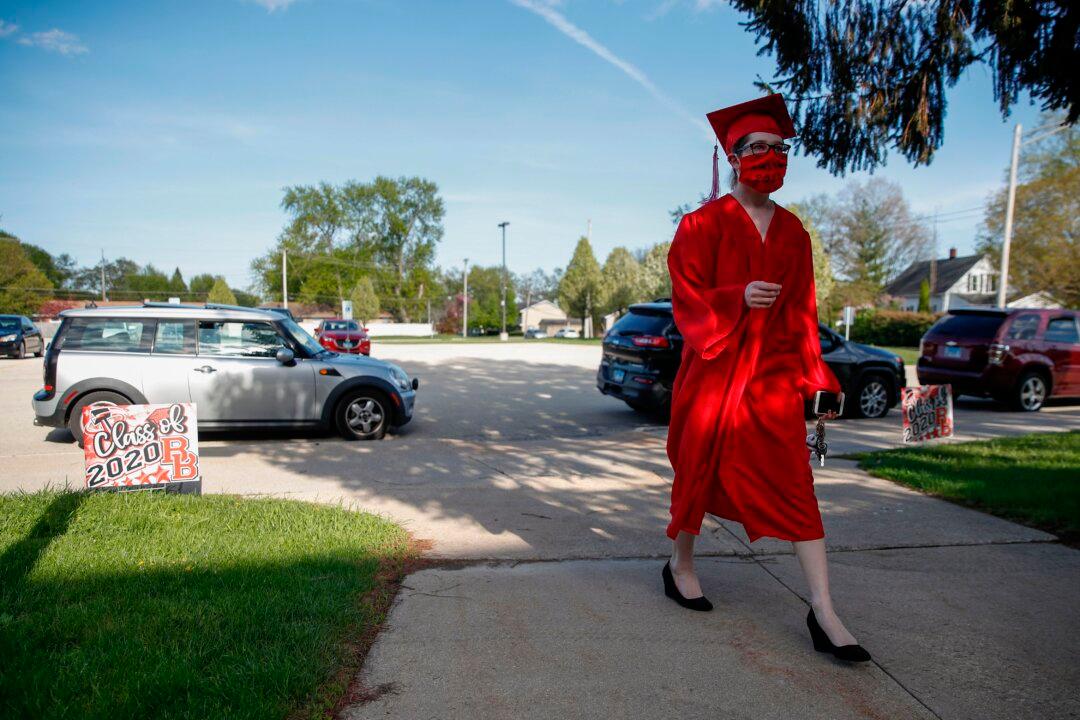The U.S. State Department on July 7 said that foreign students are welcome on campus in the United States this fall semester provided that colleges don’t hold all classes online.
It follows the release of guidelines by U.S. Immigration and Customs Enforcement (ICE) on July 6 that said international students will be required to leave the country or transfer to another college if their schools offer classes entirely online in fall 2020.





